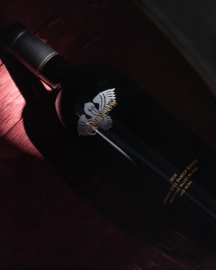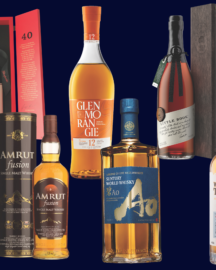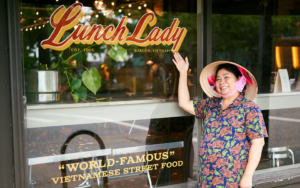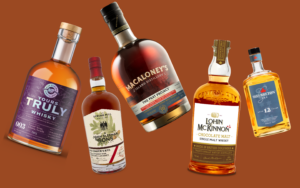Do you truly know what you’re eating? There’s tax fraud and identity fraud, but it’s food fraud that’s the real elephant in the room.
Food fraud. It might sound silly, but it’s a real thing, and it’s a big problem. Food fraud is the deliberate substitution, addition, or misrepresentation of food, food ingredients, or food packaging. Chances are you’ve already been a victim.
Fraud has been a problem in the food industry since the Middle Ages, when staples like bread, meat, and wine were commonly adulterated or diluted, forcing the implementation of legal regulations on quality control. Unfortunately, the problem has grown worse with the power of technology and industrial farming; if they can make potato chips taste like hamburgers, what can’t they do?
Take a look at the statistics: a U.S. study found a substitution rate of 57% in meat products, in Britain two-thirds of takeout ham-and-cheese pizzas tested contained neither ham nor cheese, and Canadian research claims that approximately 25-75% of all seafood products sold in our country are mislabeled or counterfeit. In fact, there’s a good chance that the last time you ordered fish in a restaurant, there’s a good chance you were given “fake” fish. Here’s a relatable example: in January, authorities discovered Toronto’s Azure Restaurant & Bar parading cheap, low-quality products (Quaker Harvest Crunch) as expensive, but worth-the-extra-money specialties (organic homemade granola) on their menu.oug
Counterfeiting can occur at any link in the food supply chain, whether it be farming, processing, or retail; retailers and restaurateurs probably might not even know that they’re serving fraudulent products. Besides totally undermining the industry’s integrity, food fraud lowers product prices and undercuts ethical, hardworking local food producers. Food fraud wastes our money, it may weaken our local economy, it damages our health, and, on a personal level, it insults my freedom of choice.
Government regulators and food experts are working hard to improve the condition of the industry and to generate anti-counterfeiting safeguards. In the meantime, you can do your part by asking more questions and holding your local suppliers accountable for their products.
After that, just pray that there’s at least some pork in that organic Berkshire hot dog.
Share: Facebook, X (Formerly Twitter)













